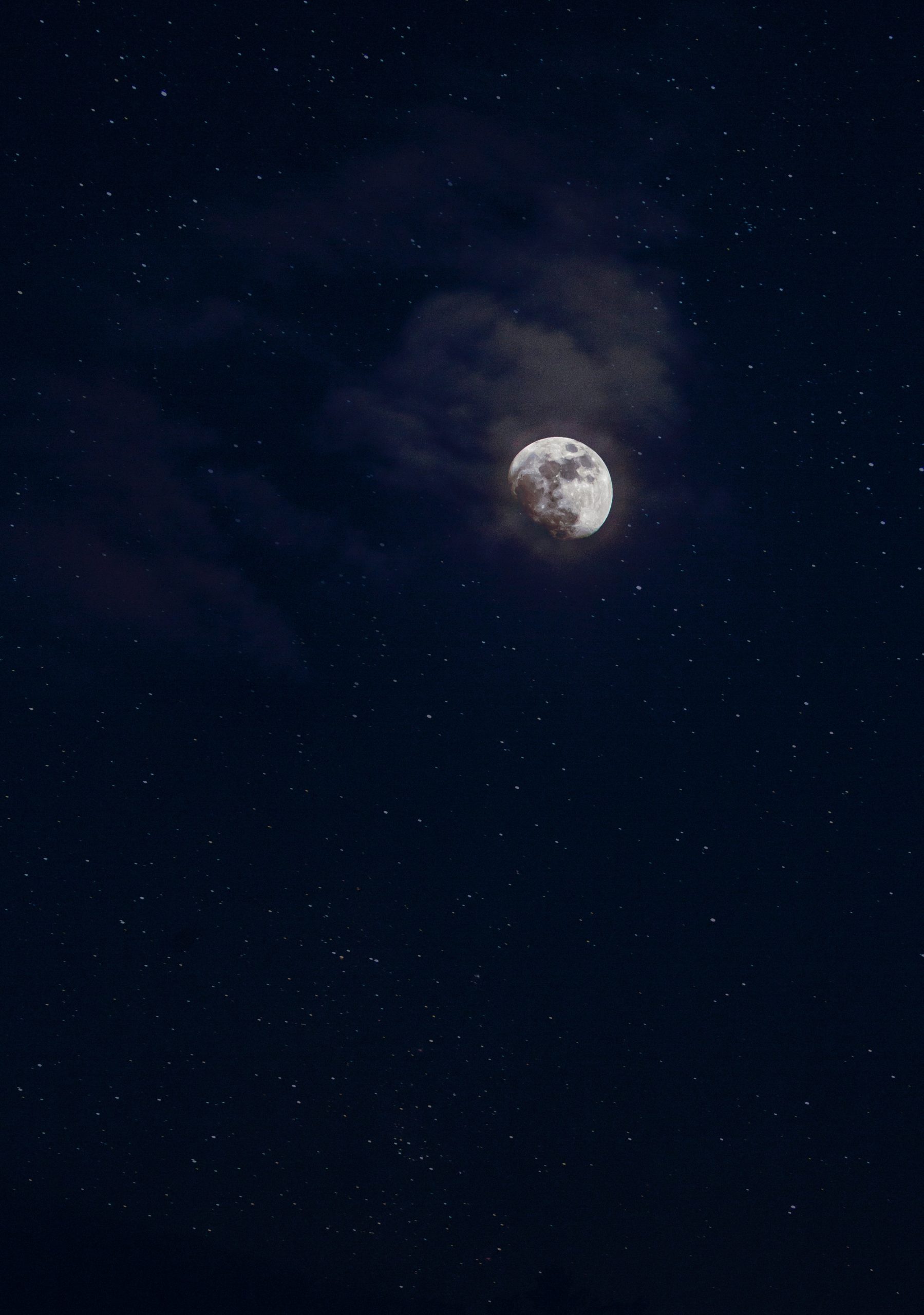Moon Symbolism in Literature: A Guide to the Mystical and Powerful Representation
In literature, symbolism plays a crucial role in conveying deeper meanings and enhancing the reader’s understanding and connection to a text. Throughout literary history, one symbol that has emerged as both captivating and mysterious is the moon. The moon’s ethereal beauty, changing phases, and symbolism have made it a powerful motif in literature, representing everything from the passage of time to human emotions and desires. In this blog post, we will explore the various ways in which the moon symbolism has been used in literature, examining its significance in different cultural contexts, and uncovering the timeless allure it holds.
The Moon’s Symbolism Across Cultures
The moon holds great cultural significance in many societies, resulting in a wealth of moon-related symbolism in literature. Let’s explore how this symbolism manifests in different cultures:
Ancient Greek and Roman Mythology
In ancient Greek and Roman mythology, the moon was associated with the goddesses Artemis and Diana, respectively. These deities represented the moon’s feminine qualities such as fertility, nurturing, and intuition. In literature, the moon often symbolized femininity, female power, and the cyclical nature of life.
Chinese and Japanese Culture
In Chinese and Japanese culture, the moon holds deep significance and is intertwined with festivals, folklore, and poetry. In literature from these cultures, the moon symbolizes beauty, tranquility, and the cyclical nature of life. The moon also represents themes of longing, separation, and unrequited love in classic Chinese and Japanese poetry.
European Romanticism
The moon’s symbolism reached new heights during the European Romantic period. Owing to its association with nature and the sublime, the moon often represented the mystery and wonder of the natural world. It also became a powerful symbol of escapism, providing solace and inspiration for writers seeking to break free from the constraints of society.
The Moon as a Reflection of Human Emotions
Beyond its cultural significance, the moon also serves as a mirror for human emotions and experiences. Let’s explore some common emotional themes associated with the moon:
Love and Longing
In literature, the moon is commonly used to symbolize love, desire, and longing. Its beauty and distant presence evoke a sense of unattainable perfection and romantic yearning. Whether it’s a lover pining for a distant partner or a character yearning for unrequited love, the moon becomes a vessel for expressing these deep emotions.
Mystery and Intrigue
The moon’s enigmatic nature has long captivated the human imagination. In literature, the moon often represents mystery, secrecy, and hidden knowledge. It serves as a metaphorical guide through the darkness, revealing hidden truths and leading characters on introspective journeys.
Transformation and Renewal
The moon’s ever-changing phases symbolize the passage of time and the cycle of life. In many literary works, the moon is associated with personal growth, transformation, and rebirth. Characters often undergo significant changes during full moons or find solace and clarity in the moon’s soothing presence.
Iconic Examples of Moon Symbolism in Literature
Countless literary works have embraced the moon’s symbolism in extraordinary ways. Here are a few iconic examples:
| Literary Work | Author | Moon Symbolism |
|---|---|---|
| To Kill a Mockingbird | Harper Lee | The moon symbolizes innocence and purity, contrasting with the inequalities and prejudices depicted in the story. |
| Shakespeare’s Sonnets | William Shakespeare | The moon represents beauty and eternal love, often used in contrast to the speaker’s tumultuous emotions. |
| Midsummer Night’s Dream | William Shakespeare | The moon embodies the transformative power of love and serves as a catalyst for the play’s magical events. |
| The Great Gatsby | F. Scott Fitzgerald | The moon symbolizes the unreachable American Dream and the characters’ unfulfilled desires and illusions. |
The Moon’s Influence on Poetry and Prose
It is in poetry and prose that the moon’s symbolism truly flourishes. The lyrical qualities of these forms of writing allow for a deeper exploration of the moon’s beauty and its impact on human emotions. Countless poets and authors have been inspired by the moon’s allure, crafting enchanting verses and evocative descriptions. From Lord Byron’s romantic odes to Li Bai’s melancholic Chinese poetry, the moon has served as a muse for countless writers throughout the ages.
Furthermore, writers often employ descriptive language and vivid imagery to evoke the moon’s presence in their works. They may describe the moon’s gentle glow casting a silver sheen upon the landscape, or its ethereal light illuminating lovers engaged in midnight rendezvous. Such depictions not only bring the moon to life on the page but also transport readers into the emotional world of the characters and their surroundings.
The Timelessness of Moon Symbolism
As we have explored the diverse cultural significance, emotional resonance, and literary examples of moon symbolism, it becomes clear why this motif has endured throughout centuries of literature. The moon continues to enchant and inspire writers, serving as a versatile symbol for a myriad of themes, from love and longing to mystery and transformation.
Whether you are immersed in Greek tragedies, Japanese poetry, or modern novels, keep an eye on the moon’s presence and symbolism. It will not only enrich your literary experience but also remind you of the timeless connection between nature, human emotions, and the power of symbols in storytelling.
So, the next time you find yourself gazing at the moon, remember the profound symbolism it holds in literature and its ability to illuminate the depths of human experience. Like writers through the ages, allow yourself to be captivated by its magic and let it inspire your own creative endeavors.
Table of Contents
